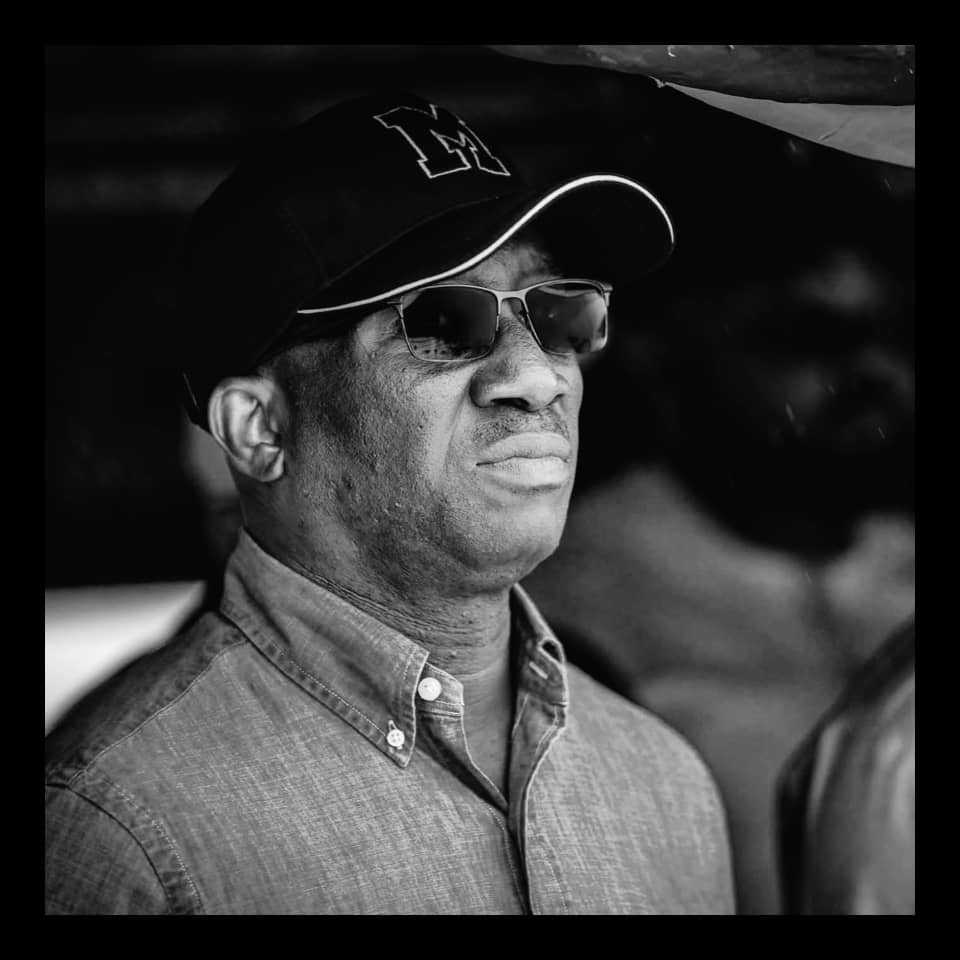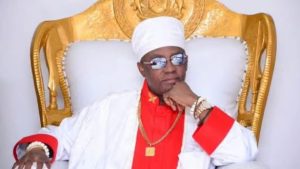
In every society that has dared to dream of greatness, education has always been its cornerstone: the sacred forge upon which the minds of children are tempered into citizens, innovators, leaders, and custodians of tomorrow.
Yet, in Edo State, like most states in Nigeria, that forge had over time grown vulnerable to cracks: the mercantilist excesses of school systems preying on the wallets of parents; the shallow theatre of graduation carnivals for toddlers barely out of nappies; the endless merry-go-round of ever-changing textbooks designed to enrich publishers while impoverishing families; and the narrow definition of education as rote memorization rather than a full-bodied preparation for life.
Against this backdrop, the recent reforms of Governor Monday Okpebholo, spearheaded by the Commissioner for Education, Dr. Paddy Iyamu, strike not merely as administrative adjustments, but as a profound moral, social, and philosophical reset, a determined attempt to restore sanctity to the Edo education system and to redefine what it truly means to educate a child.
The first pillar of this reform: the decisive clampdown on exploitative graduation ceremonies for pre-nursery, nursery, primary and even junior secondary “exit classes”, may appear, at first glance, to be a trivial matter of culture and taste. But it is much deeper.
Over the years, what should be a solemn moment of educational progression was reduced into an ostentatious carnival of vanity, parents pressured to spend what they do not have on attires, cakes, and frivolities, while the very foundation of learning – literacy, numeracy, discipline, and character, remained neglected.
What dignity lies in a kindergarten child “graduating” with rented robes and photo shoots while struggling to string letters into words? What sense does it make for a child to “pass out” of primary one with pomp when the true test of learning lies years ahead?
By outlawing these premature festivities, Governor Okpebholo has performed a symbolic cleansing, cutting off the weeds of distraction so that the tree of genuine learning can grow. Education, he reminds us, is not a circus but a covenant, not an avenue for indulgence but a pathway to destiny. In doing so, he is not merely enforcing discipline; he is re-enthroning seriousness into the Edo classroom.
But seriousness must be matched with equity, and this is where the second plank of the reform shines: the revolutionary policy on textbooks. For decades, parents have endured the revolving door of publishers and editions, compelled to buy “new” books year after year, even when the only difference between editions was a cover change. This practice, driven by profiteering, widened the gulf between those who could afford and those who could not, and it made learning itself hostage to commerce.
Okpebholo’s intervention restores balance: textbooks are now standardized for a minimum of four years, and, more importantly, siblings are allowed to reuse the same books purchased by their older brothers and sisters. It is not just a financial relief; it is a declaration that education is a right, not a racket. Parents who once agonized over whether to pay school fees or buy yet another edition of a “new” textbook can now breathe.
A family of three children can recycle knowledge through the same pages, reinforcing the idea that learning is not disposable but enduring. In this, the governor has shifted education from the market stall back into the sacred space of the classroom.
Yet perhaps the most visionary, the most forward-leaning, the most history-making of all these reforms is the introduction of compulsory skill acquisition for every secondary school student, beginning with JSS3.
For decades, our education system has been accused, rightly so, of producing graduates who are certificate-rich but skill-poor. Young men and women who can recite Shakespeare but cannot wire a room, who can define photosynthesis but cannot plant a seed. Young engineers who can quote all the formulas but cannot fix a car engine and young agriculture scholars who know all the academia points but cannot plant a garden.
In a society with soaring unemployment, such one-sided learning is a betrayal. Okpebholo’s reform breaks this cycle. By embedding compulsory entrepreneurship and vocational training: from garment making to solar installation, from GSM repairs to agriculture, from digital literacy to event management, into the very heart of secondary education, Edo is scripting a new story: that every child must leave school not only with a certificate in hand but also with a skill in head and hand.
This is not just pedagogy; it is prophecy. It is a preparation for a world where the jobs of the future are unpredictable, but where adaptability, creativity, and practical competence will always command value.
Consider what this means for the average Edo child. A 14-year-old who today learns garment making alongside algebra might tomorrow, even while waiting for university admission, start a modest tailoring shop. A girl who acquires solar installation skills may, in five years, become part of Nigeria’s renewable energy revolution. A boy who learns digital literacy and robotics may be coding apps before he completes senior school.
This is how nations leapfrog, not by waiting for the elusive white-collar jobs, but by cultivating a generation that can create, innovate, and self-sustain.
By mandating skills as co-equals with academics, Okpebholo is setting the Edo child free from the prison of dependency. He is quietly rewriting the economic future of his state.
In all of this, one senses a deeper philosophy: that education is not a narrow race to pass exams, but a holistic cultivation of the human being: intellect, hand, heart, and character. It is the weaving together of knowledge, discipline, creativity, and resilience into one seamless garment. And it is precisely this garment that has been torn for too long in Nigeria, leaving young people exposed to the harsh winds of life.
Governor Okpebholo’s reforms are, in essence, a sewing back together of the fabric, a moral act of restoration, a political act of courage, and a social act of justice.
Yet, even here, one must acknowledge that reform is always a struggle against inertia, and leadership is precisely about moving societies from the comfort of the familiar to the challenge of the necessary. By daring to begin, Okpebholo has already struck the match that lights the candle. The responsibility now falls on all stakeholders; teachers, parents, administrators, communities, to keep that flame alive.
In the end, history may judge these interventions not as isolated policies but as the cornerstone of a new educational renaissance in Edo State. Long after the noise of politics has faded, what will remain is the generation of children who were spared the circus of meaningless graduations, the families who were saved from the extortion of endless textbook changes, and the thousands of young men and women who, because they learned a skill in secondary school, found dignity in labour and power in self-reliance.
This is how leaders are remembered, not just by the number of roads they built or the contracts they awarded, but by the lives they reshaped, the futures they secured, the paradigms they shifted.
Governor Monday Okpebholo has, with these reforms, invited us to re-imagine education as it should be: less about pomp and paper, more about substance and survival; less about the theatre of certificates, more about the power of competence; less about draining parents’ purses, more about enriching children’s minds and hands.
He has dared to restore sanctity where there was exploitation, equity where there was oppression, and vision where there was mediocrity. It is a daring beginning, and if nurtured, it may well be remembered as the dawn of a true Edo renaissance, one in which the child of a roadside trader in Uromi or the fisherman’s daughter in Ovia is not just taught to dream, but equipped to do.
And that, perhaps, is the highest calling of education: not to make children performers in a parade of vanity, but to make them warriors of destiny, armed with knowledge, anchored in character, and empowered with skills to build a better tomorrow.
Fred Itua is the Chief Press Secretary to Governor Monday Okpebholo of Edo State.






